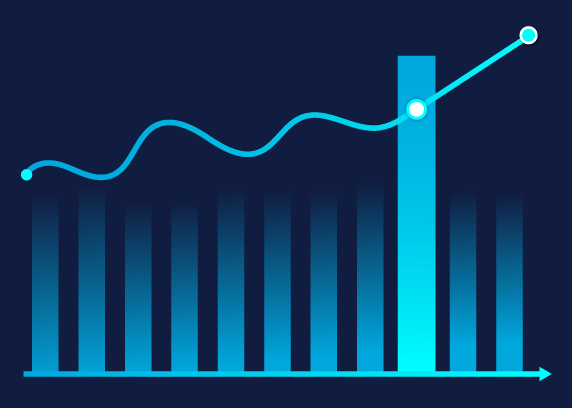Consumer Prices, OECD - Updated: 3 October 2024

Year-on-year inflation in the OECD as measured by the Consumer Price Index (CPI) fell to 4.7% in August 2024 from 5.4% in July (Figures 1 and 2). The fall was driven to a large extent by a decline of about 10 percentage points in Türkiye inflation, which nevertheless still remained above 50%. Declines were also observed in 24 of 38 of OECD countries. Excluding Türkiye, inflation in the OECD area is estimated to have decreased more moderately, to 2.7% in August from 3.0% in July. Inflation rose in nine OECD countries and was stable or broadly stable in five. Headline inflation stood at or below 2% in 16 countries in August, while only 9 countries had reached that mark in July.
Year-on-year OECD energy inflation fell significantly to minus 0.1% in August from 3.3% in July, with declines in 31 OECD countries. Year-on-year food inflation and core inflation (inflation less food and energy) declined in the OECD area, mainly due to sharp falls in Türkiye. Core inflation only fell in 9 countries while it rose in 10 and was stable or broadly stable in 19.
In the G7, year-on-year headline inflation eased to 2.4% in August from 2.7% in July, driven by energy prices. Headline inflation fell in all G7 countries except in Japan where it increased, and in the United Kingdom where headline inflation remained stable. Year-on-year headline inflation reached low levels last seen in 2021 in Canada and the United States (lowest level since February 2021), in Germany (since March 2021), and in France (since July 2021). Energy prices fell markedly, while G7 food and core inflation rates were stable. Core inflation remained the main contributor to headline inflation in all G7 countries except for Japan where the combined contribution of food and energy inflation exceeded that of core inflation (Figure 3).
In the euro area, year-on-year inflation as measured by the Harmonised Index of Consumer Prices (HICP) declined to 2.2% in August from 2.6% in July. Energy inflation declined rapidly, to minus 3.0% in August after 1.2% in July, while food and core inflation remained broadly stable. In September 2024, according to Eurostat’s flash estimate, year-on-year headline inflation continued to decline in the euro area, reaching 1.8%. Energy inflation in the euro area is estimated to have further declined in September while core inflation is estimated to have been broadly stable.
In the G20, year-on-year inflation fell to 6.3% in August from 6.8% in July. Headline inflation in Argentina, though declining, continued to exceed 230%. Headline year-on-year inflation also fell in Brazil after three consecutive monthly rises, and in South Africa. Headline inflation increased in India while it remained stable or broadly stable in China, Indonesia, and Saudi Arabia (Table 2).
For further information, journalists are invited to contact the OECD's Media Relations Division on (33) 1 45 24 97 00; others should contact the Statistics and Data Directorate.



















































